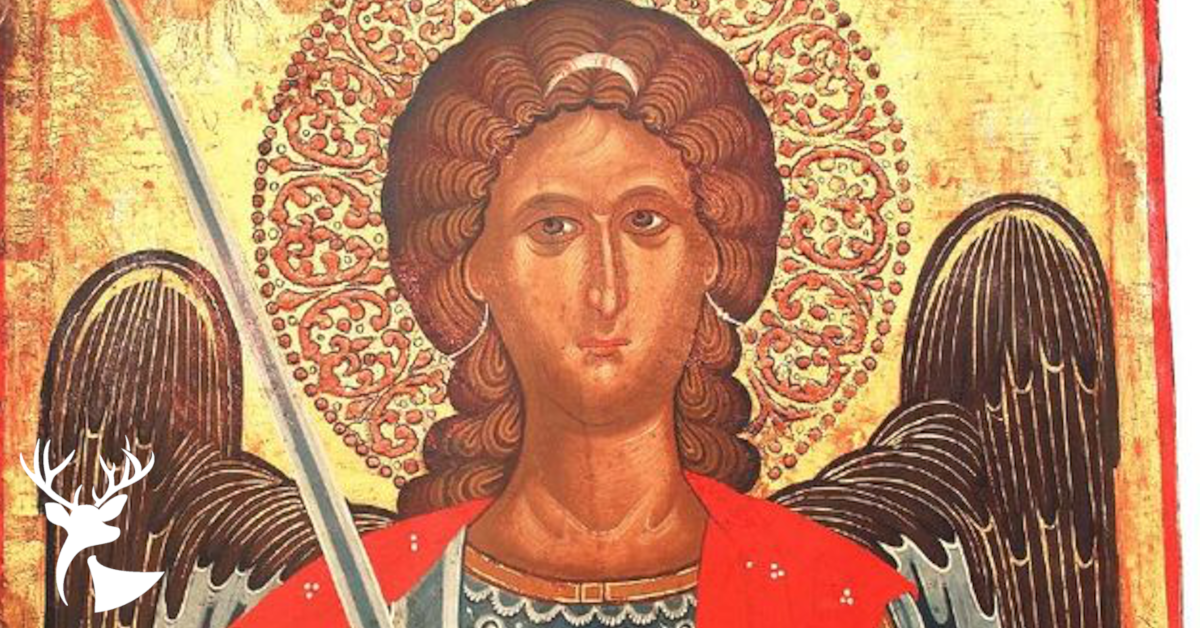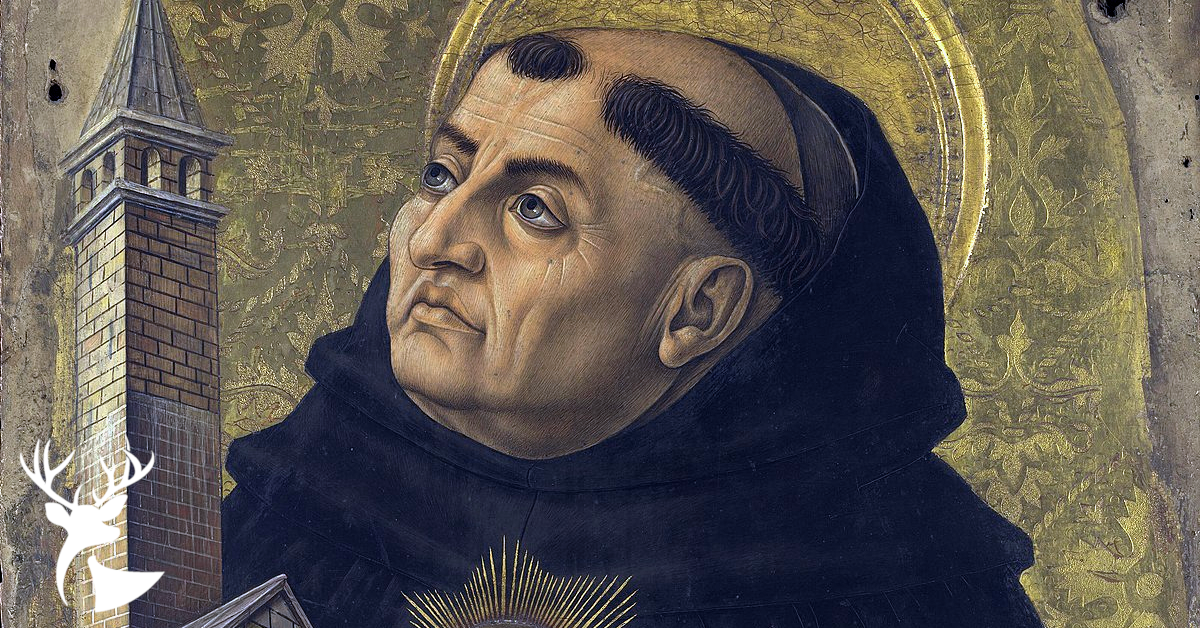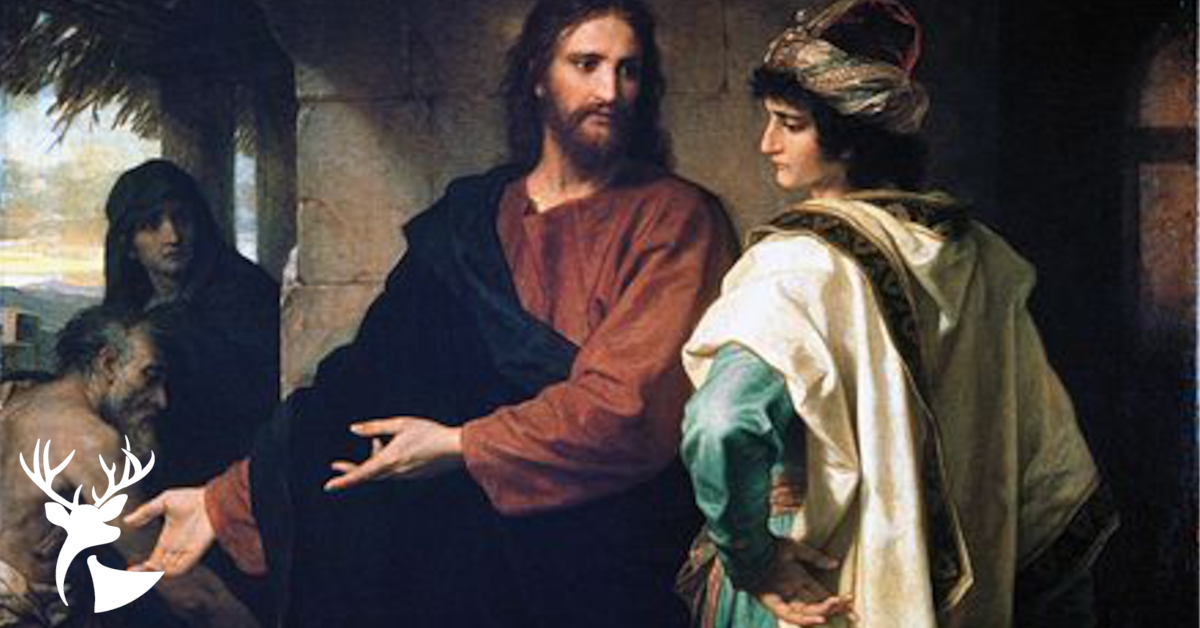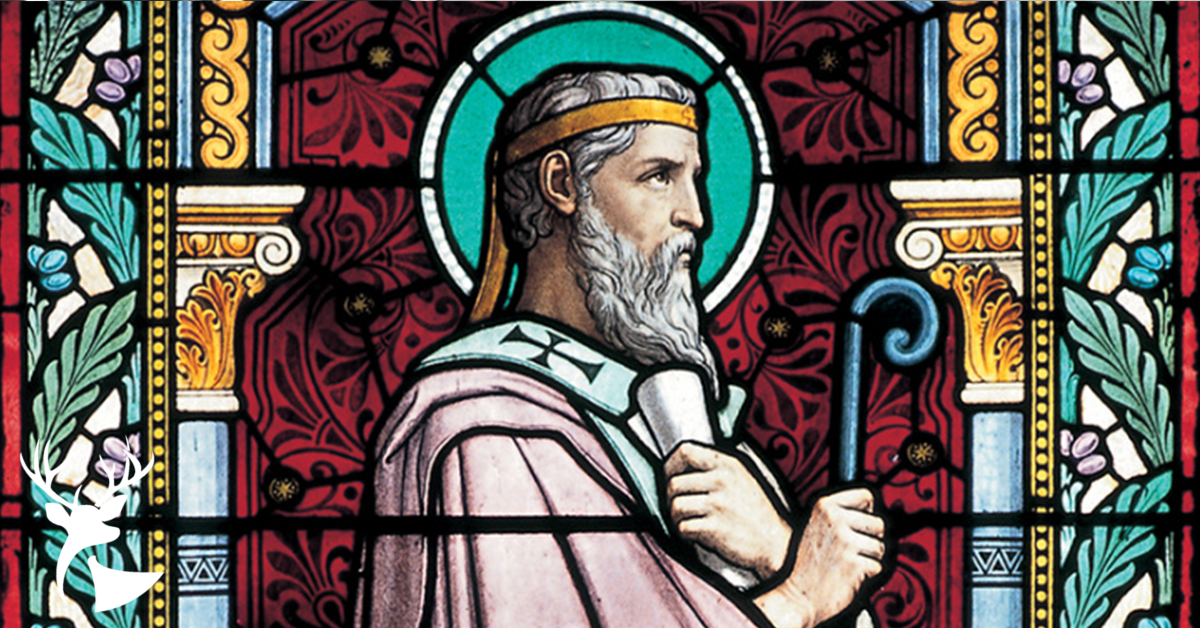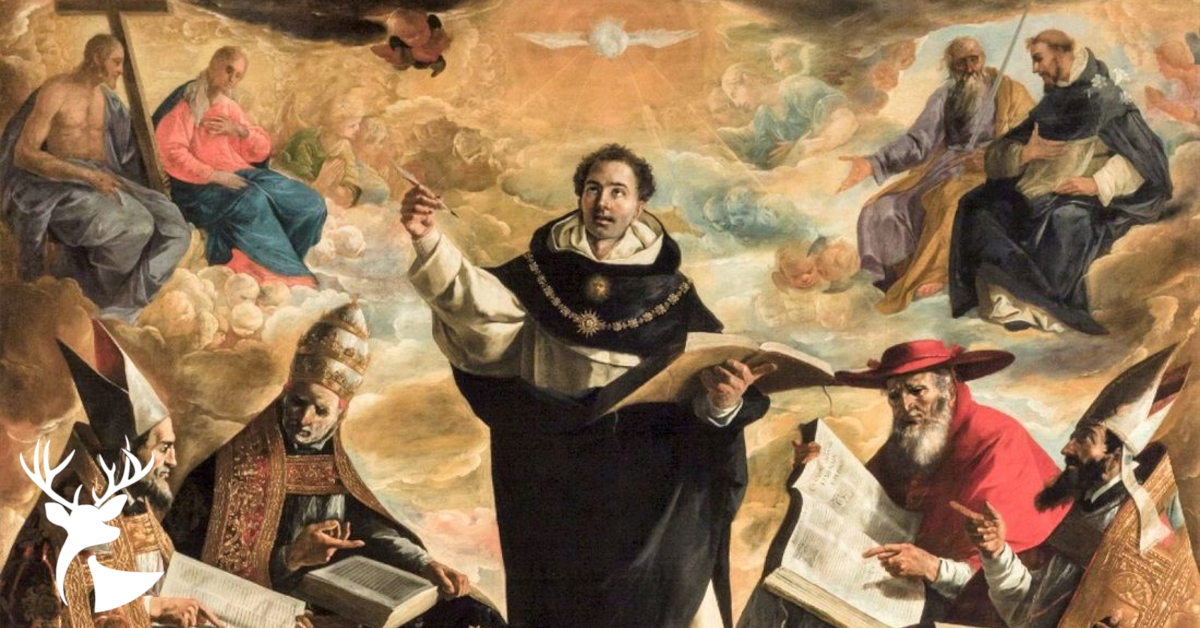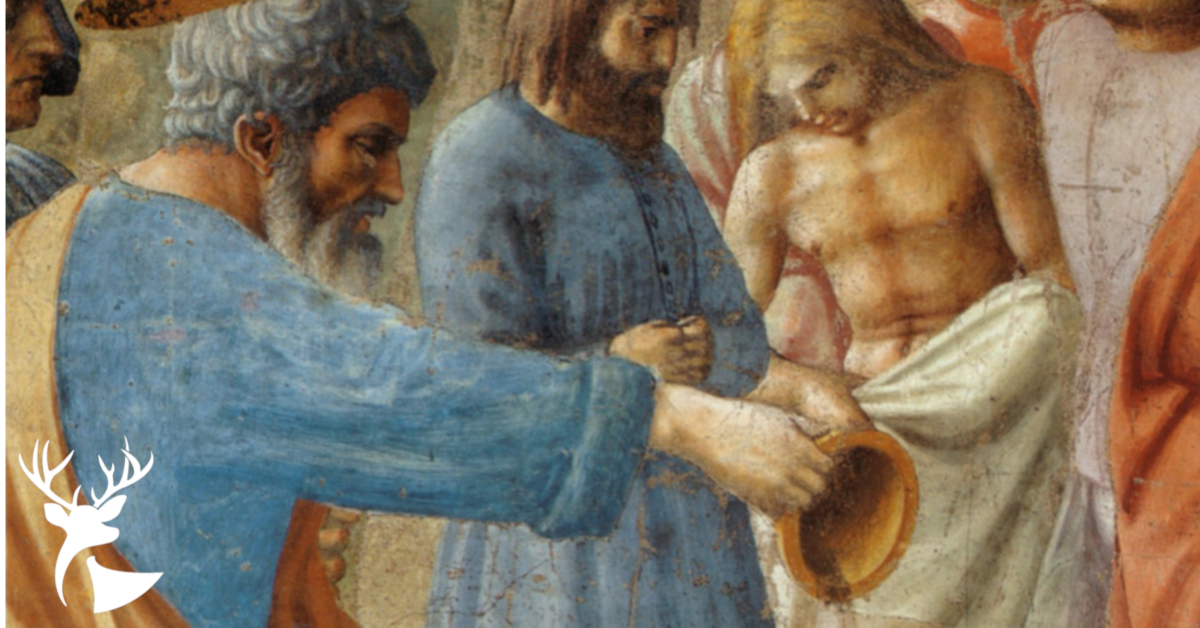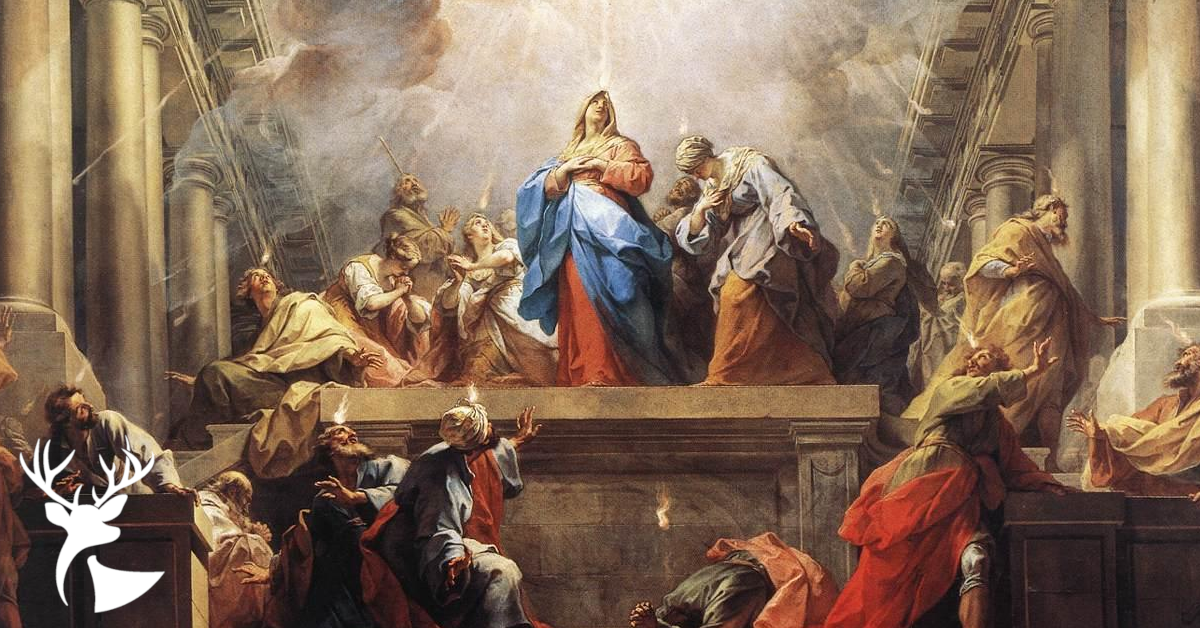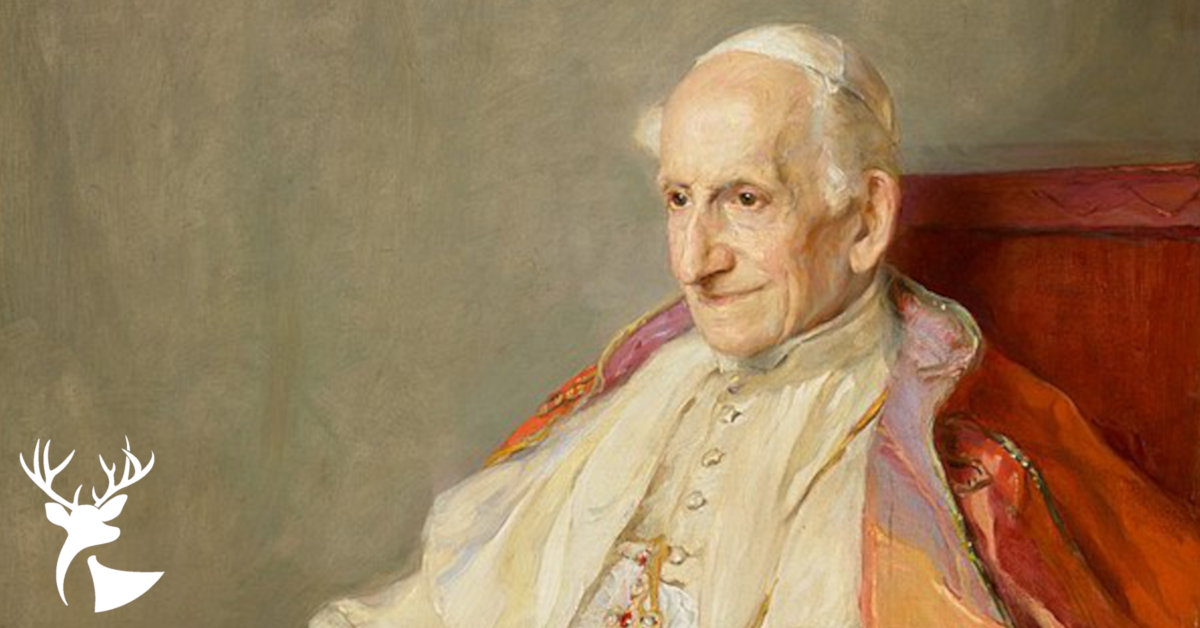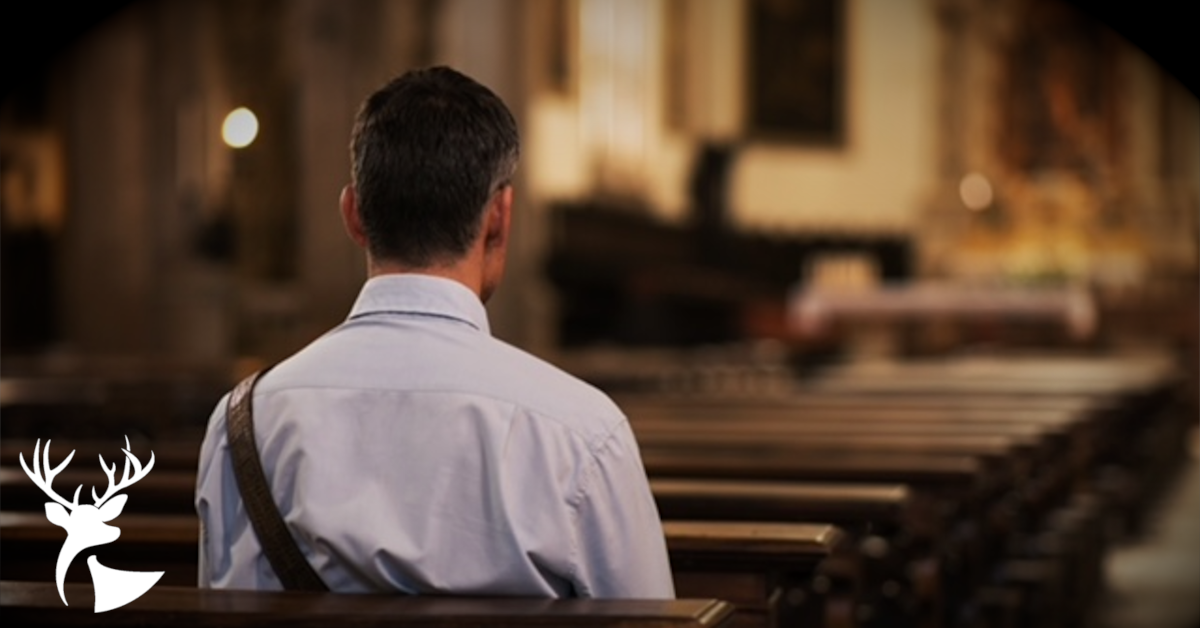Eli Stone has served as a Research and Administrative Assistant for the Alcuin Institute, and presently works with the University of Tulsa.
← Return to EssaysStay Connected!
“By nature, of course, man is mortal, since he was made from nothing; but he bears also the Likeness of Him Who is, and if he preserves that Likeness through constant contemplation, then his nature is deprived of its power and he remains incorrupt. So is it affirmed in Wisdom (6:18): “The keeping of His laws is the assurance of incorruption.” And being incorrupt, he would be henceforth as God, as Holy Scripture says, “I have said, Ye are gods and sons of the Highest all of you: but ye die as men and fall as one of the princes.” (Psalm 82:6f)”
—St. Athanasius of Alexandria
On the Incarnation, iv
In his treatise On the Incarnation, St. Athanasius seeks to demonstrate that the Christian religion is the only true religion and he sets forth the central beliefs of the Christian faith. Here, Athanasius does not act as a speculative theologian; rather, he seeks to “communicate in writing [that which] we learned from them [the Apostles]” (Against the Heathen). Accordingly, Athanasius does not seek to offer his own opinions on the subject of Christ’s Incarnation, but rather transmit that which he has received from his own teachers as a faithful steward of the Tradition.
To begin his work, Athanasius examines our human mortality in an effort to understand our natural state. In the above passage, Athanasius begins with an idea taken almost verbatim out of St. Paul’s epistle to the Romans: “Men, having turned from the contemplation of God to evil […] come inevitably under the law of death.” However, for Paul, this “law of death” is the Old Covenant, whereas Athanasius offers a slight twist on this law: “the transgression of the commandment [i.e. not to eat the fruit in the Garden of Eden] was making them [humanity, represented by Adam and Eve] turn back again according to their nature.”
Athanasius suggests that our mortality is an essential part of our nature as humans—it defines who we are. Why is this? Because “as they had at the beginning come into being out of non-existence, so were they now on the way to returning, through corruption, to non-existence again.” For Athanasius, God’s gift of existence to humanity is a manifestation of His grace. In transgressing the commandment in the Garden, Adam and Eve symbolically (and actually) reject that very grace which enables them to exist: “The presence and love of the Word had called them into being; inevitably, therefore when they lost the knowledge of God, they lost existence with it.”
What Athanasius suggests here is that, in addition to man’s nature as a finite, mortal being, God has given a super-nature to him, which is called a Likeness. It is by virtue of this super-natural gift of God’s Likeness which overrides man’s mortality and allows him to remain immortal. Unlike our nature, however, our Likeness is something which must be cultivated and “preserved.” According to our Catholic tradition, we know that we are “like” God insofar as we can know things as God knows them, and love them as God loves them. So, by cultivating these faculties of knowing and loving, we become more like Him.
Think of an expert woodcarver. He simply is a woodcarver. If you wanted to become a woodcarver like him, you would probably begin by watching him work; noting his skill and technique. But at some point, you would have to imitate what this woodcarver does. You would not start out very good at it, but as you developed the skill, you would eventually cease being like a woodcarver—you would be a woodcarver.
To drive the point home, Athanasius quotes two passages from Sacred Scripture: “So is it affirmed in Wisdom: ‘The keeping of His laws is the assurance of incorruption.’ And being incorrupt, he would be henceforth as God, as Holy Scripture says, ‘I have said, Ye are gods and sons of the Highest all of you.’” Thus by keeping the law of God—that is, by exercising the super-natural Likeness He has given us—we can become immortal like God.
“But ye die as men and fall as one of the princes.’” For all the lofty talk and opportunity that God gave us, the fact remains that we have discarded that immortality which God wanted for us. By forsaking the contemplation of God, and refusing to exercise our faculties of knowing and loving, we have abandoned our super-nature, and chained ourselves to our mortal existence.
But this is not the end of the story for Athanasius. Though we were quick to discard God’s grace, He was not quick to withdraw it. Through the Incarnation, Christ comes to reconcile ourselves to Him. Through His example, Christ teaches us how to repair the tarnished Likeness within us, and by the graces of the Church He enables us to do so. And, in this great act of self-revelation, Christ allows us to know and love God by coming to know and love Himself.
So how do we cultivate our super-nature? How do we maximize our Likeness? We do so first by coming to know God through prayer, study, and participation in the life of the Church. Then, we exercise our love for God by following His commandments, worshipping Him “in spirit and in truth,” and in service to our neighbor. In these ways, we come to imitate Christ, and in imitating Him, we die to our mortal nature, allowing that super-natural Likeness to bear us up as we pass from death into life everlasting.
More Reading

Eli Stone has served as a Research and Administrative Assistant for the Alcuin Institute, and presently works with the University of Tulsa.


